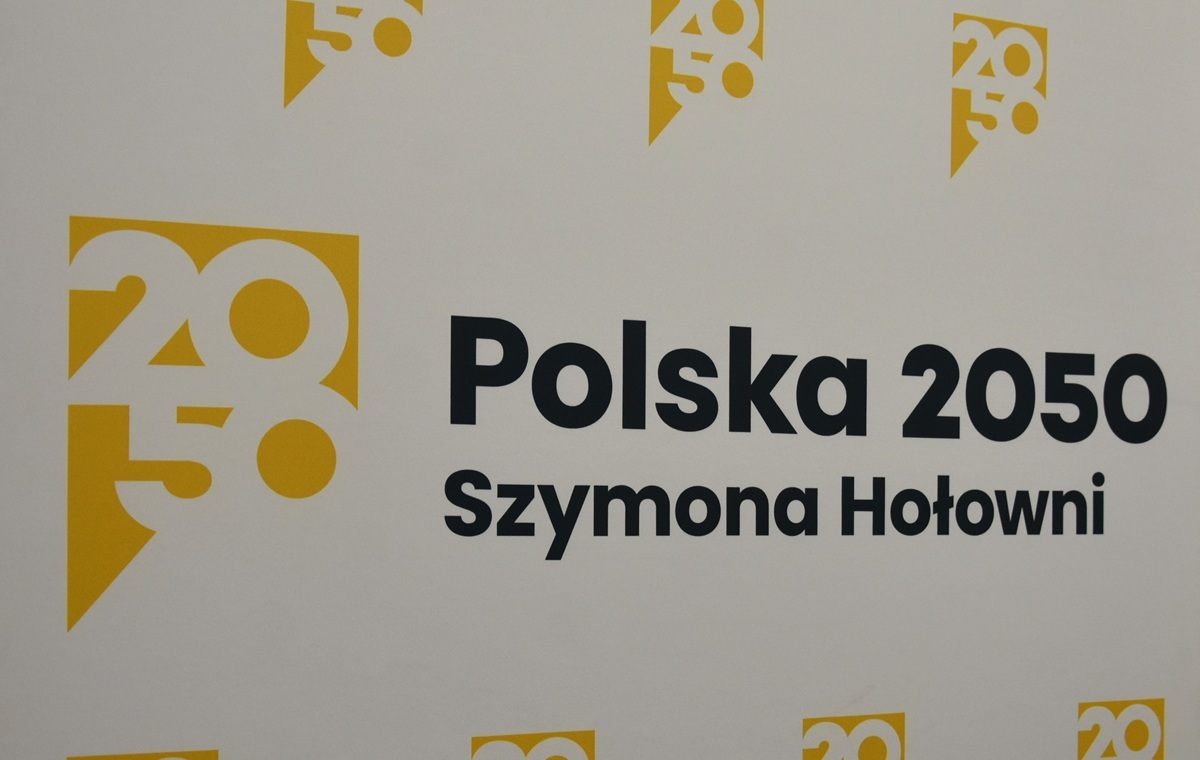At the end of July, a public consultation of the bill was concluded to limit the usage of mobile phones and another electronic devices in primary schools. The project, submitted in June by the Polish 2050 – 3rd Road MPs, supported as many as 84% of the 543 participants in the consultation. At the same time, there were many voices indicating the request to make any solutions.
The analysis of the results of the consultation shows that the most many age group was 30-39 years (38%), followed by 40-49 years (25%) and 24% little than 30 years of age. The majority were men (64%), and 98.3% spoke for themselves.
Big support and large expectations
Many respondents stressed the urgent request to introduce legal regulations concerning the usage of telephones in schools, as a consequence to contemporary challenges, which, in their opinion, the Polish education strategy frequently fails to follow.
In this context, countries specified as the Netherlands, France, Italy, Portugal, Belgium, Slovakia or South Korea have been recalled, where akin prohibitions work and bring affirmative results.
"Project responding to the challenges of the modern world. It is simply a pity that it is so late," commented Karol Rydzek, father of 5 children.
The participants of the consultation besides highlighted the increasing problems of students, which they thought would solve the ban. Disorders in behaviour, attention and perception, dependence on digital devices, worsening peer relationships and expanding prevalence of intellectual disorders among children and adolescents have been mentioned most frequently. According to task supporters, the school, as an educational environment, should defend students from harmful effects of screens, not further strengthen them.
Many respondents stressed that leaving the decision to usage smartphones solely for schools was not a adequate solution. The current provisions of education law let for the regulation of this issue at the level of school statutes, but in practice this frequently leads to divergent interpretations and obstacles to effective enforcement of the existing rules. Supporters of the proposed bill argue that it is essential to introduce top-down, uniform regulations that guarantee consistency of actions across the country and strengthen the position of directors and teachers in combating the excessive usage of smartphones by students.
What needs to be improved in the bill?
The bill prohibiting the usage of smartphones in schools was widely supported, however, many voices point to the request to refine it.
Respondents emphasise the request for clear and precise definitions of exceptions to the prohibition, which will take into account both the circumstantial wellness needs of the student or emergency situations specified as the urgent request to contact the parent and educational aspects. In their view, modern education cannot ignore the function of technology, and smartphones are not only a possible threat, but besides a valuable tool to support the teaching process, which should be reflected in the fresh regulations. In this context, there have been arguments that the ban will not solve the problem of over-using technology unless accompanied by systemic support in the form of digital education, the prevention of addictions and programmes for teachers and parents.
At the same time, many expressed concerns about the effective implementation of the fresh rules. They say that without clearly defined means of enforcing the ban, regulations may prove ineffective and stay simply a formal record, without real impact on everyday school practice.
In its current form, the rules do not warrant adequate tools or systemic support for teachers and school heads. It is besides problematic that the draft law lacks a precise definition of prohibited devices, which can make legal difficulties and complicate the explanation and implementation of regulations.
The voice of social organizations. Not only the Institute of civilian Affairs
The consultation was attended by the civilian Affairs Institute, which as part of the "Save Children" campaign, since 2020 repeatedly called on education ministers to ban smartphones in primary schools, in favour of central government regulation alternatively than leaving decisions to individual institutions.
The Institute presented its position by calling for a complete ban on mobile phones and distant communication devices in primary schools, with the exception of educational and wellness objectives and emergencies.
The Institute besides proposed the creation of a Digital Cork Fund, financed by technology companies, which would be utilized to prevent digital dependence, and to introduce mandatory technological education aimed at liable usage of technology by children and young people.
The civilian Affairs Institute is not the only social organization active in the debate on the usage of smartphones in schools. The consultation was besides attended by representatives of institutions and companies specified as the Jagiellonian Club, the Youth Conscious Club, the Social Initiative “Generation of Changes”, the PL task Foundation, Our School Foundation, the average Safety and Emitel S.A. Association. Their positions have revealed a clear division among the supporters of the restrictions and those who propose another solutions.
Representatives of the Jagiellonian Club and Emitel S.A. explicitly argued for a complete ban on smartphones in schools, stressing the request to introduce clear legal regulations and defend the intellectual wellness of students, even if this requires a central, national legal standard covering all institutions. Both organisations, as well as the task PL Foundation, besides point to the request to implement the electronic device deposit system, which they believe will effectively enforce the rules. The Our School Foundation, in turn, does not regulation out a ban, but proposes alternate method solutions, including the expiration of coverage within the school.
Critics of the ban, on the another hand, include the Youth Conscious Club, the Social Initiative “Generation of Change” and the Association of average Safety Deposits, which show no evidence of the effectiveness of akin regulations introduced in schools in another countries. These organisations emphasize the request for systemic education in the liable usage of technology and the request to take into account the opinions of student authorities and parental advice erstwhile deciding on the prohibition in individual institutions.
Further destiny of the bill
Due to the doubts raised before different environments and the fact that the Ministry of Education and discipline has presented its own legislative proposal in parallel, which leaves schools more free and in practice small changes the existing rules, further work on the final plan of the bill is needed.
Currently, after the first reading at the 39th session of the Sejm, the task was addressed to the Committee on Education, discipline and Youth, where work on its final form will take place in the following weeks.











![Wóz strażacki nagle zaczął się ślizgać. Druhowie ruszyli na ratunek [NAGRANIE]](https://cdn.wiadomosci.onet.pl/1/e9Rk9lBaHR0cHM6Ly9vY2RuLmV1L3B1bHNjbXMvTURBXy9mZTVjZDY1Y2U5MjNlNzRlZjY5YWQ5NmY5OTc4MGJjMS5wbmeSlQMAAM0FDs0C2JMFzQlgzQZA3gACoTAHoTEE)




